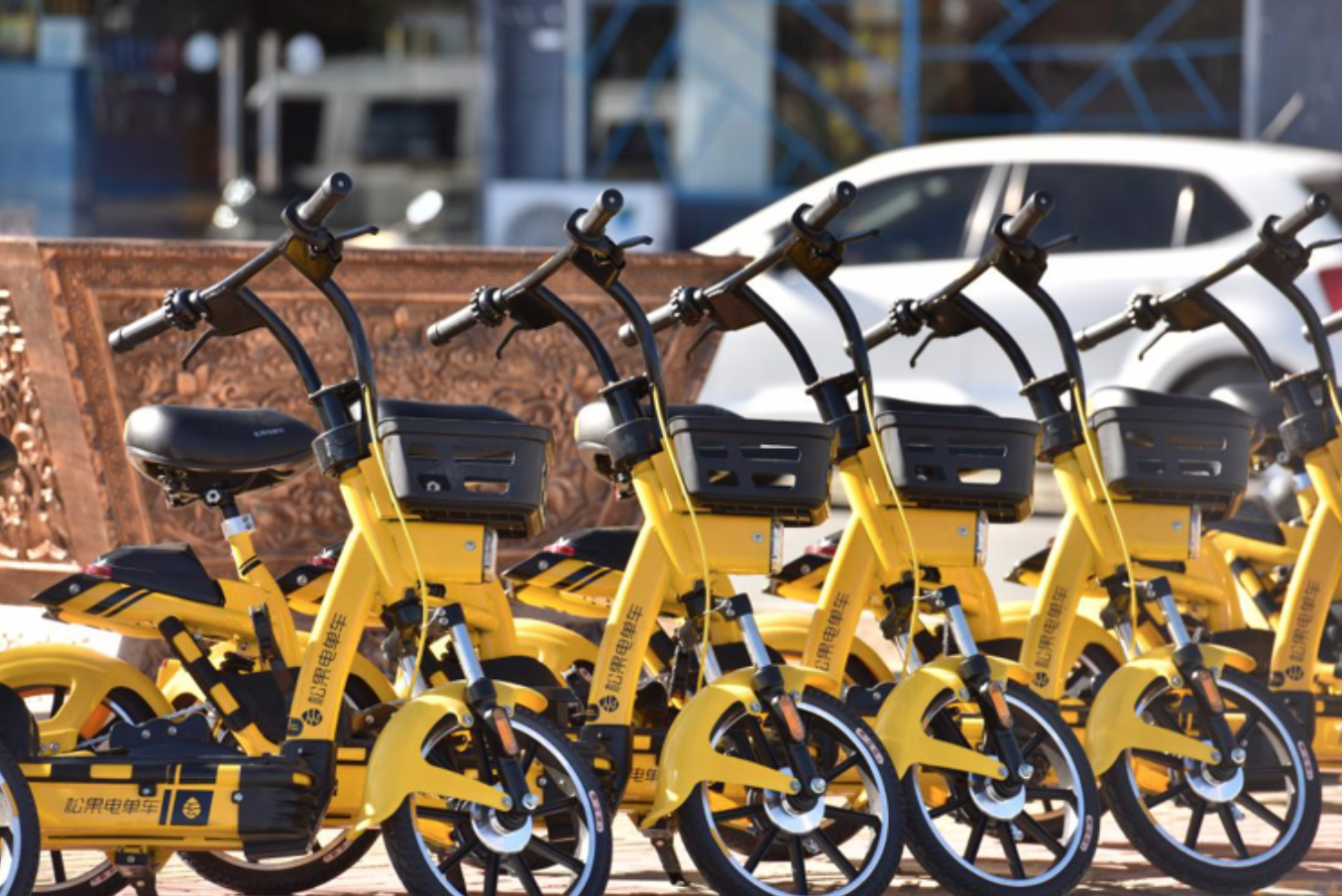E-bikes is the Next Boom in Asia’s Shared Mobility
The growing demand for advanced mobility options will propel the Asia Pacific shared mobility market growth by 2024.
Although bike-sharing was not a new idea in China, major tech firms are now betting on a similar yet different business: electric bikes. Mebike is one of the first local companies that launched an e-bike sharing platform. Ride-hailing giant DIDI is a backer of Qingju e-bikes, which signed a partnership with electric battery maker Phylion for the supply of 1 million units of lithium batteries. Alibaba-backed Hellobike, together with CATL and Ant Financial, also joined the race to establish an e-bike battery joint venture.
Many industry observers believe that e-bikes will become China’s next craze. According to the Global Times, there were nearly 250 million electric scooters registered in China in 2020. Also, 36k revealed that DIDI’s bike-sharing arm Qingju is set to raise USD 600 million in a Series B equity fundraising round and will be granted another USD 400 million in loans. DIDI’s Qingju used the capital raised in its first financing round to expand into China’s smaller cities where residents favour electric bikes over pedal bikes.
In addition, most e-bike sharing platforms such as Hellobike, are currently setting up their own charging stations, where riders can swap their battery for a new one without having to plug in and wait. Users also can conveniently pay online via third-party payment platforms such as Alipay and WeChat Pay.
Meanwhile, Taiwan saw great growth in shared electric motorbikes. Taiwan is the world’s motorcycle kingdom and ranks near the top globally in terms of motorcycle ownership and industry chain completeness. GoShare, an electric scooter maker, has recently entered the scooter rental market in the southern port city of Kaohsiung. According to Amcham Taiwan, the number of GoShare users has reached 1 million in 2020. Citizens can now easily rent GoShare's electric scooters in the parking lots near Kaohsiung's MRT stations.
Asia provides e-bikes service providers with a consolidated supply chain. Companies should adapt to the government’s new national standards such as restrictions on the speed and weight of the bikes and battery voltage while promoting innovation and development in the race for new users. Moreover, in order to embrace shared mobility, governments desperately need a fundamental change in urban mobility systems, which includes reallocating road space and making the environment pedestrian and bicycle-friendly.
shared bikes
Please subscribe to our newsletter if you want to know more about Chinese marketing. Leave your comments below to share your thought with us, and check out our thoughts on social media!


